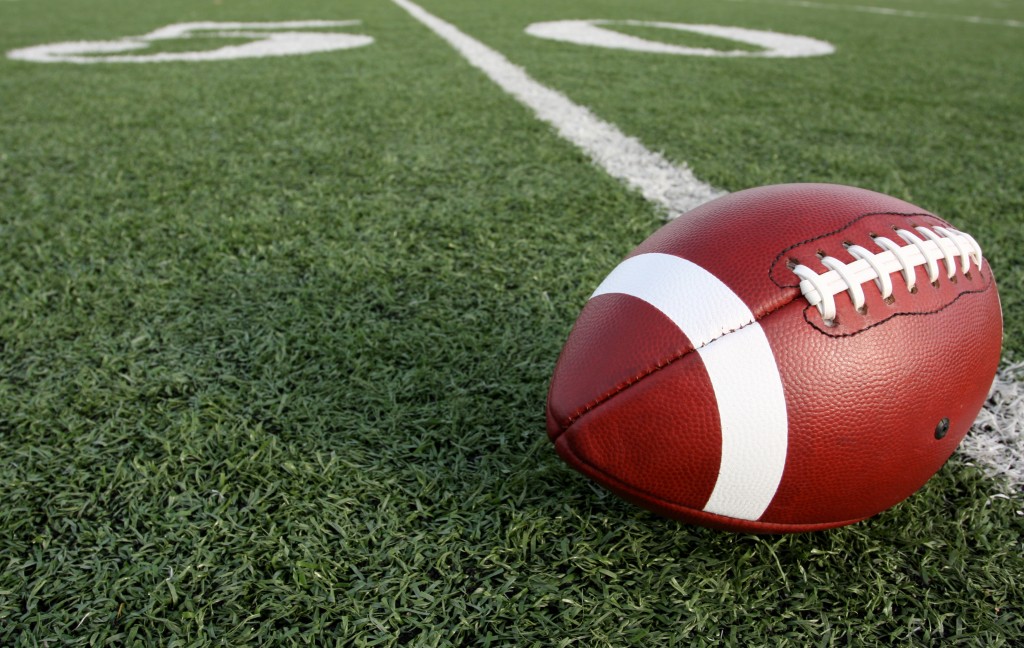To do that, they try to take into account everything - which player has a cold, the type of field, the weather, the wind. According to a new study, they may take into account a biological clock.
This has always been done in some sense. A team does not fly to Europe and play the next morning because their circadian rhythm, the biological clock that governs much of how we live, will be off. Yet it's still factored into betting even though in the Super Bowl teams arrive quite early and are only off by an hour or two. Football is a game of inches and when it comes to the parity of teams in their most important game of the season, heartbeats and breaths matter also.

Biological clocks may matter more than deflated balls.
A timely study in Current Biology finds that the performance of competition-level athletes varies over the course of the day by as much as 26%. That means people out of sync are more likely to have a drop in performance but also that people who prefer to sleep in will give their best performances hours later in the day than early birds will.
"If a one percent difference in performance can make the difference between 1st place and 4th place in a 100 meter race and actually win you the gold medal at the Olympics, then imagine what a 26 percent difference in your performance could give you," says Roland Brandstaetter from the University of Birmingham. "Our research takes us away from the idea of 'time of day of the race' and directs us more to internal biological time."
In other words, he says, what time is it for your body clock?
Earlier reports have suggested that athletes' personal best performances are always in the evening but those studies had not taken into account whether those athletes were night 'owls' or morning 'larks.' While an individual's circadian phenotype often does shift from childhood into adolescence and adulthood, there are real physiological differences between people based on 'natural' sleep/wake patterns.
Brandstaetter and co-author Elise Facer-Childs characterized the circadian phenotypes of more than 120 athletes. They then selected 20 athletes representing early, intermediate, and late types and tested their cardiovascular endurance in a standard fitness test at six times of day.
Those fitness tests revealed considerable variation in individual performance over the course of the day. The best predictor of how well those groups performed at a given hour was the time elapsed since their entrained awakening--that is, the time since they would have gotten up in the morning if left to their own devices, alarm clocks switched off. While an early riser may be at his or her best in the early afternoon, someone who sleeps late hits his or her peak much later at night.
The findings "leave no doubt that the correct determination of an athlete's personal best performance requires consideration of circadian phenotype, performance evaluation at different times of day, and analysis of performance as a function of time since entrained awakening," the researchers conclude. And the findings could come in handy for the rest of us, too.
"Obtaining a personal best performance is on everyone's agenda, but how to do it, now that is a different question," Facer-Childs says. One thing now seems sure: we'd be well advised to shift our attention from the clock on the wall to the one that's ticking inside each of us.
Article: Current Biology, Facer-Childs et al.: "The impact of circadian phenotype and time since awakening on diurnal performance in athletes"





Comments